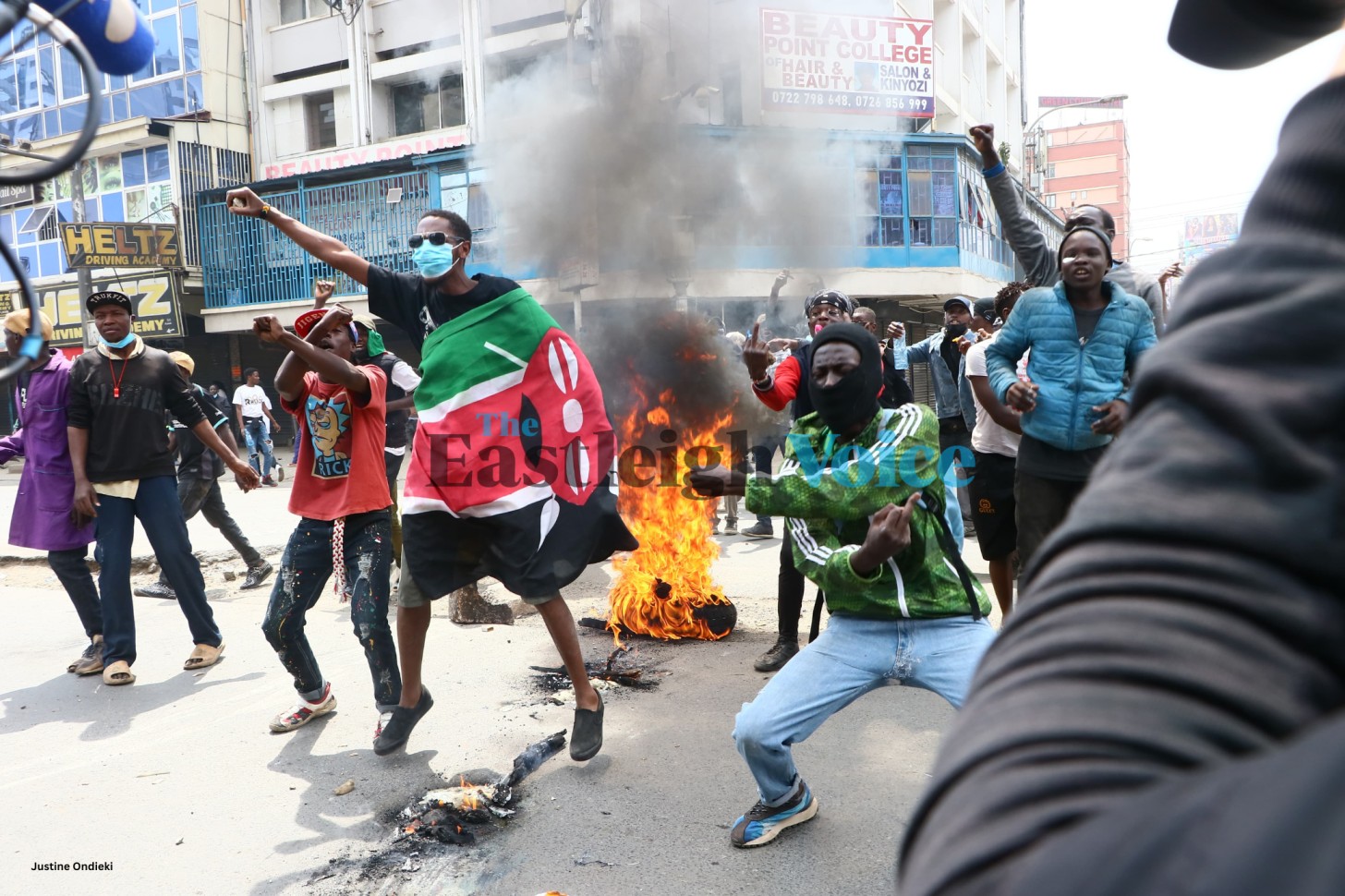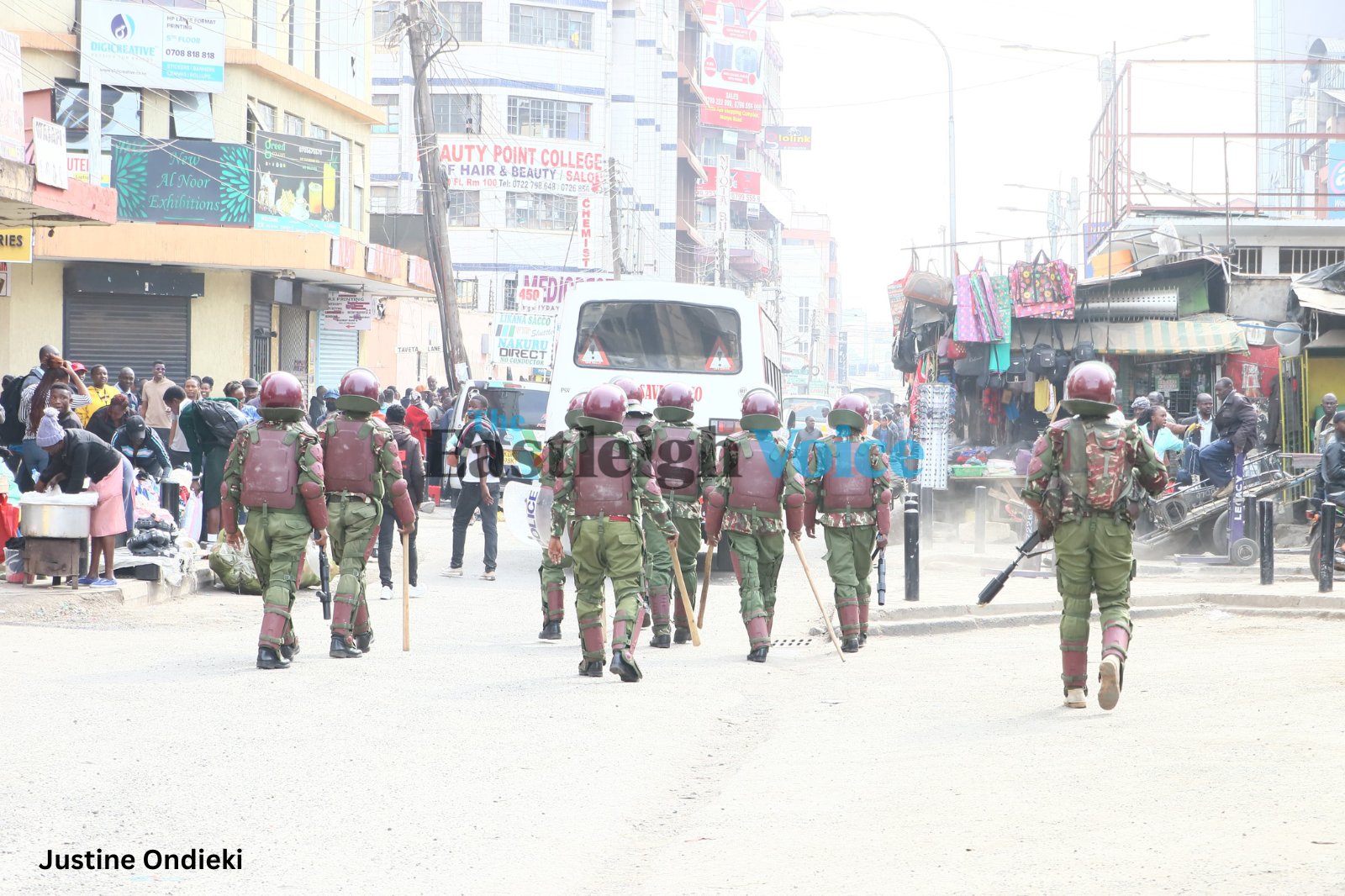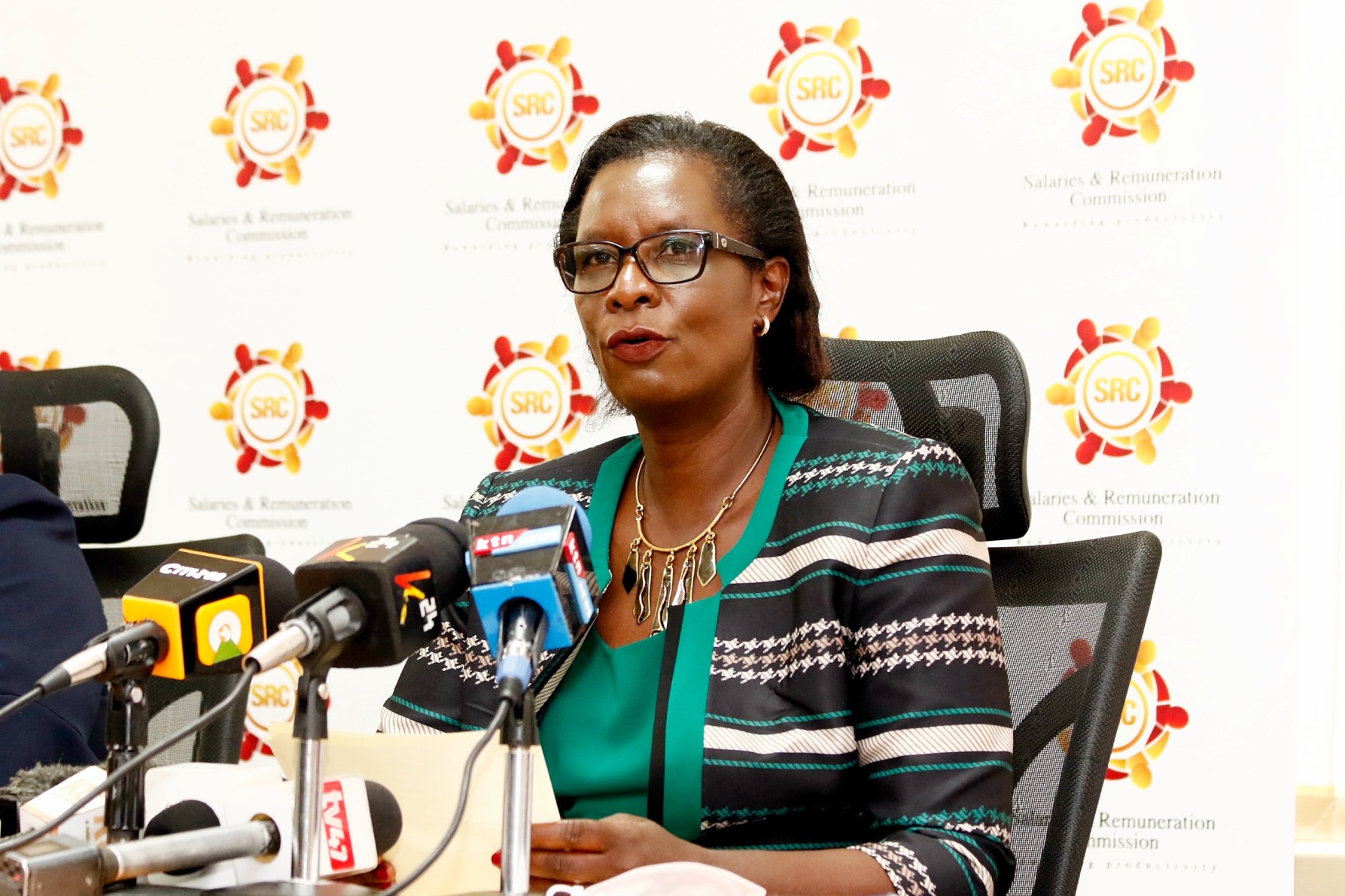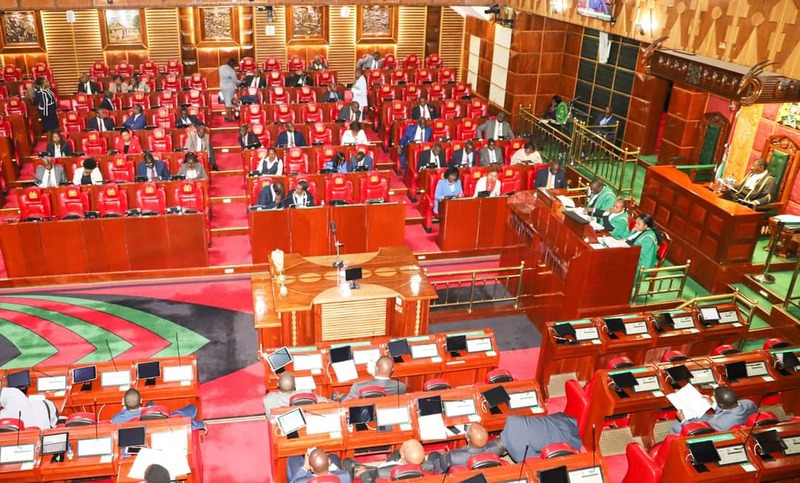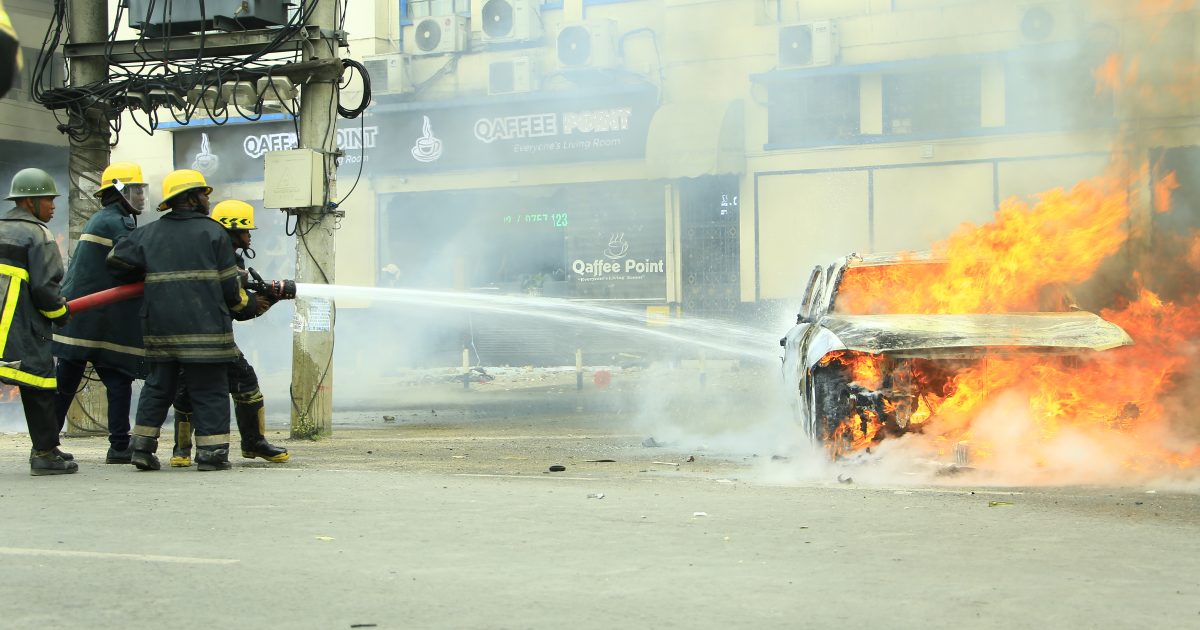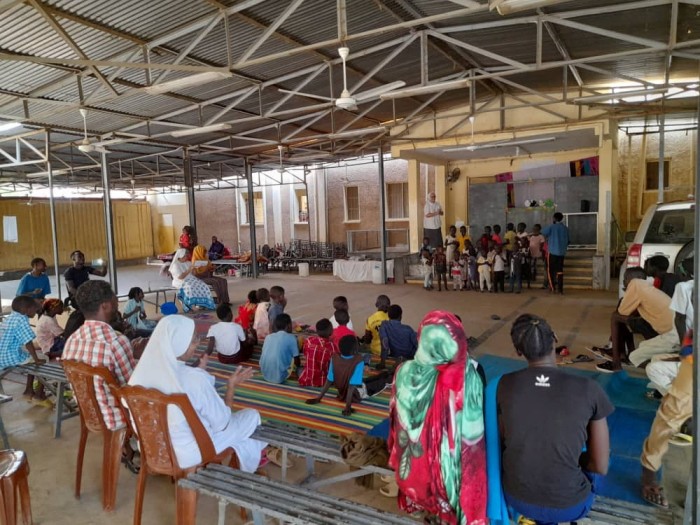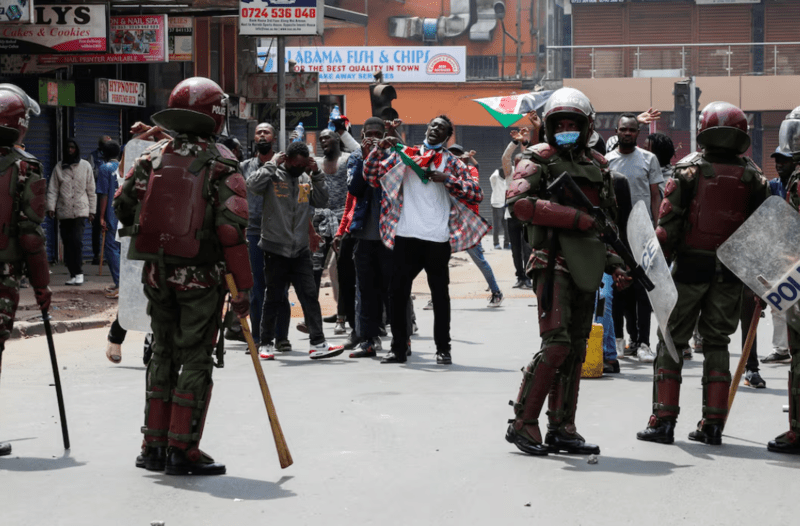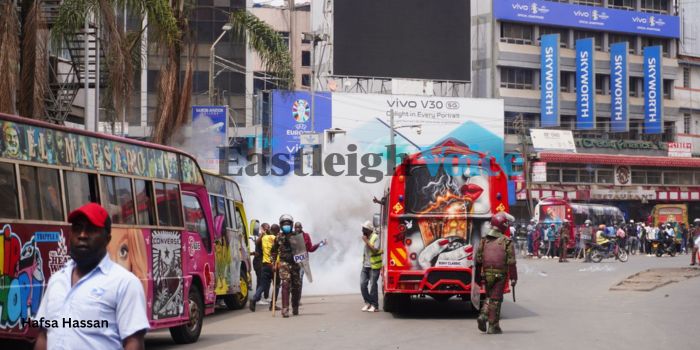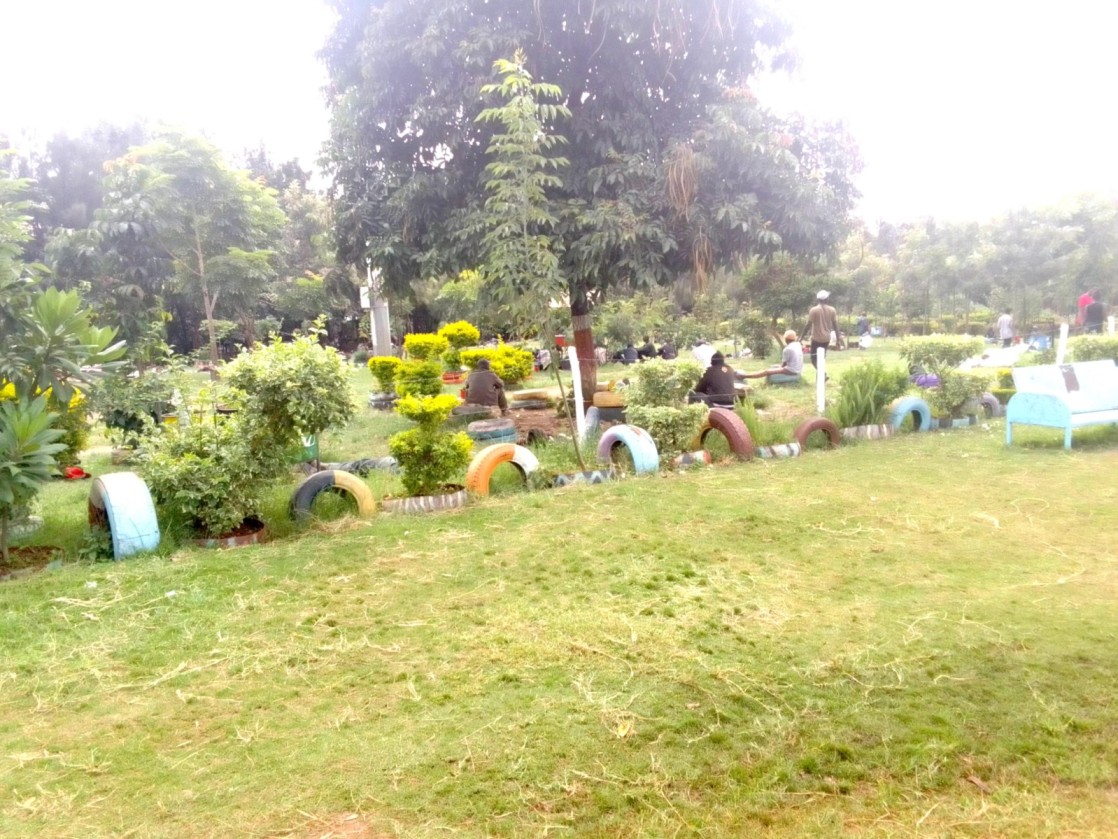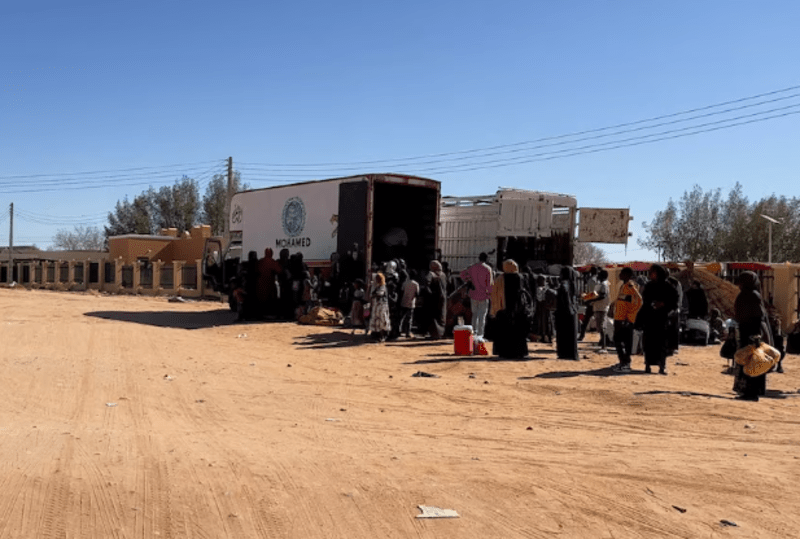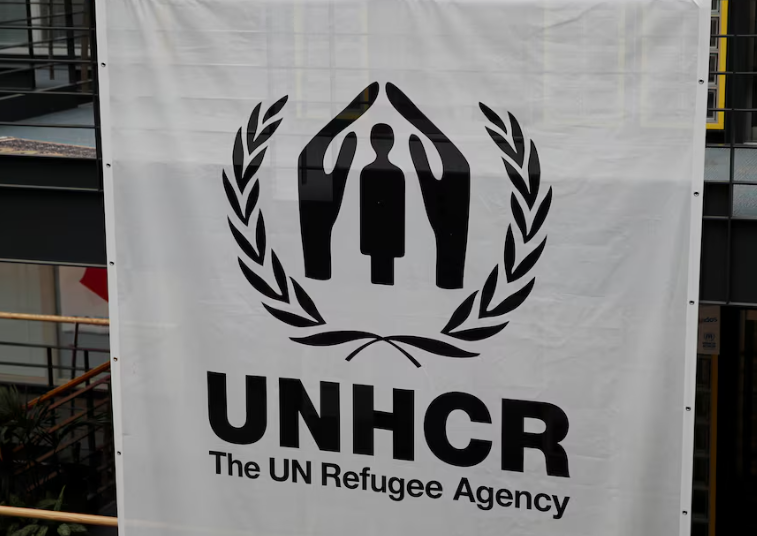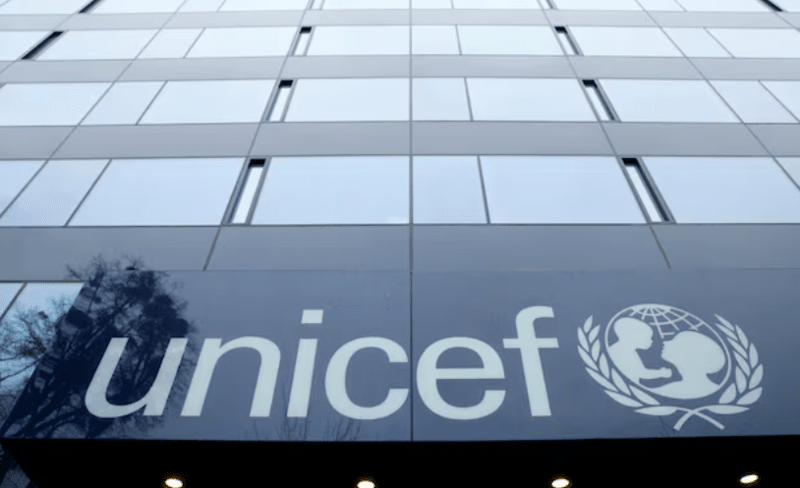Kenyan Mueni Nduva appointed first woman EAC Secretary General
By Mwangi Maina |
Her appointment was approved during an extraordinary virtual summit led by the bloc's chair, Salva Kiir, the President of South Sudan.
Veronica Mueni Nduva, a Kenyan national, has made history as the first woman Secretary General of the East African Community.
Salva Kiir, the president of South Sudan and the bloc's chair, approved her appointment during an extraordinary virtual summit.
Keep reading
Veronica has already assumed her role after she took an oath of office in front of the EAC Chair and South Sudanese President Salva Kiir. Other leaders witnessed her swearing-in ceremony virtually, on Friday, June 7.
Notably, Kenya's President William Ruto was absent, returning from Seoul via Dubai, where he had attended the Korea-Africa Summit. Musalia Mudavadi, Kenya's Prime Cabinet Secretary and Cabinet Secretary for Foreign Affairs, represented Ruto.
Regional leaders picked Kenya’s Nduva to succeed Peter Mathuki, who was recalled in March from the prestigious and powerful post in Arusha by President William Ruto over graft charges. Mathuki has since been redeployed as Kenya’s ambassador to Russia.
Nduva, who served as the Principal Secretary for the State Department for Performance and Delivery Management at the Ministry of Public Service in Nairobi, assumes the role amidst a financial crisis plaguing the bloc, which has compromised the operations of other regional institutions.
The crisis arises from member states failing to fulfil their annual financial obligations.
South Sudan, whose president Salva Kiir chaired the virtual meeting as he is the rotating chair of the EAC, owes the bloc $8.6 million (Sh1.2 billion). Last year, Juba received a waiver from the community, owing them more than $30 million (Sh3.9 trillion).
The treaty establishing the East African Community obliges partner states to pay their annual contribution before December of each financial year, with partner states paying an equal amount of funds, which represents almost 5o per cent of the EAC budget.
Every financial year, members contribute $7.3 million (Sh952.6 million) each to fund the EAC’s activities.
Article 146 of the treaty establishing the East African Community indicates that the summit may suspend a member state from taking part in the activities of the community if it fails to observe and fulfil the fundamental principles and objectives of the treaty. That includes the failure to meet the financial commitments to the EAC within a period of eighteen months.
Nduva’s immediate priority is to robustly pursue fundraising efforts from donors, especially as contributions are currently at an all-time low. Funding for planned regional activities primarily relies on contributions from member states and donor assistance.
Last June, the EAC proposed a budget of $103.8 million (Sh13.5 billion) for the fiscal year 2023-2024, ending in June 2024. Of this total, approximately $51.4 million (Sh6.7 billion) will be provided by the seven current member states, with Somalia, the eighth member, yet to be included in this contribution. The remaining $52 million (Sh6.8 billion) will be sought from development partners.
Nduva, equipped with a Master’s degree in Communication and a Bachelor of Arts in Political Science and Public Administration from the University of Nairobi, also steps into her role amidst escalating regional tensions among member states concerning trade and security matters.
Her responsibilities are compounded by the ongoing disputes between partner states and neighbouring Kigali, Rwanda, and Kinshasa in the DRC, particularly regarding the prolonged and bitter conflict in the Eastern Congo, which has resulted in the displacement of millions of Congolese civilians.
The two capitals have exchanged accusations and counter-accusations, intensifying tensions within the regional body and among its members.
Kinshasa, the seventh member to join the bloc in March 2022, has failed to remit any funds to fulfil its annual financial obligations, citing interference from Kigali.
Nduva’s approach and resolution of these tensions, which have also involved Burundi, the former summit chair, will serve as a litmus test for the future direction of the regional body, which analysts believe is teetering on the edge.
Her predecessor, Mathuki, oversaw the Nairobi Peace Process, led by former Kenyan leader Uhuru Kenyatta, which aimed to reconcile the Kinshasa government with numerous rebel groups in the mineral-rich eastern Congo. However, this process has stalled due to various issues, including internal political conflicts in Nairobi between President Ruto and former President Kenyatta.






